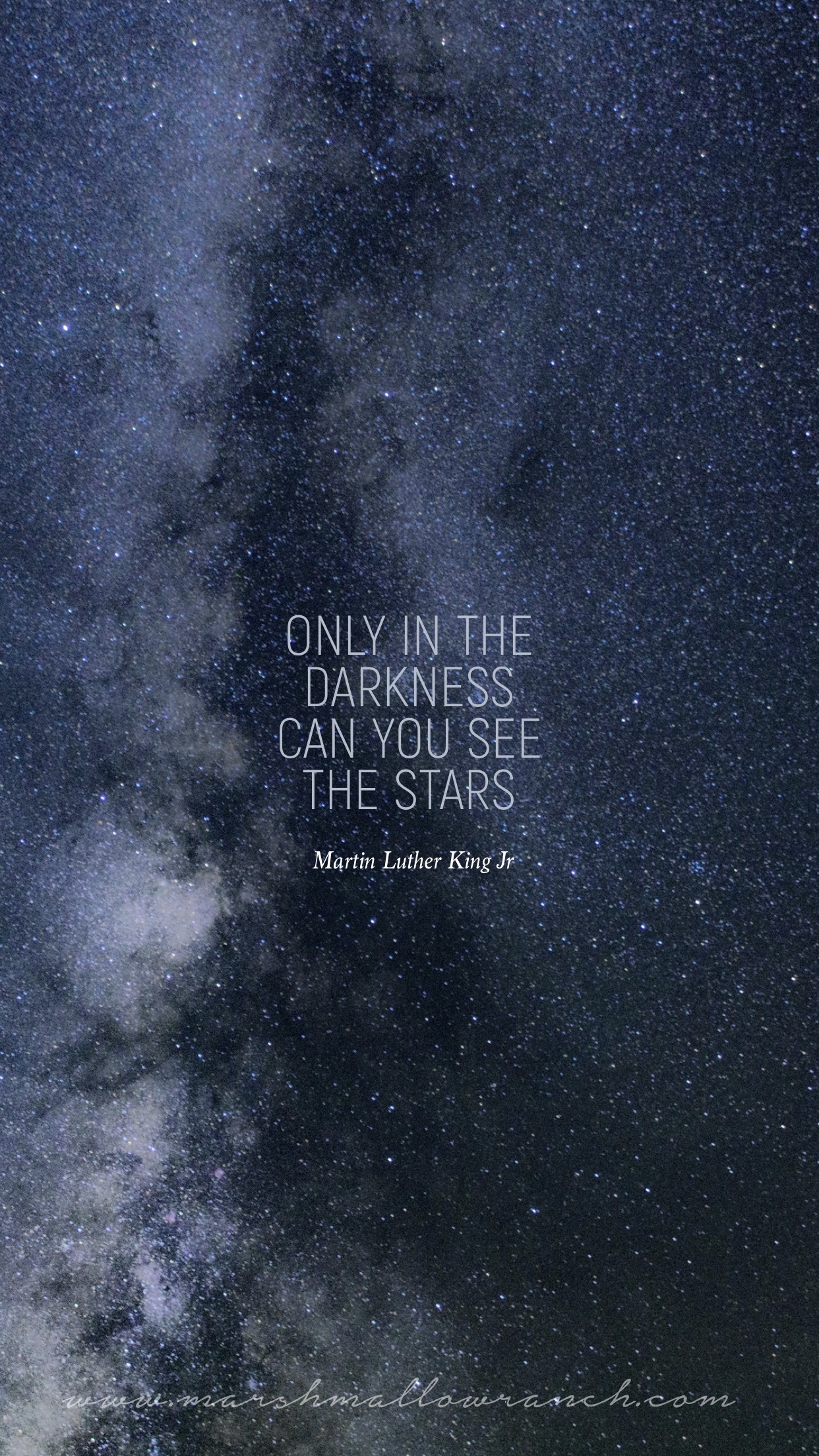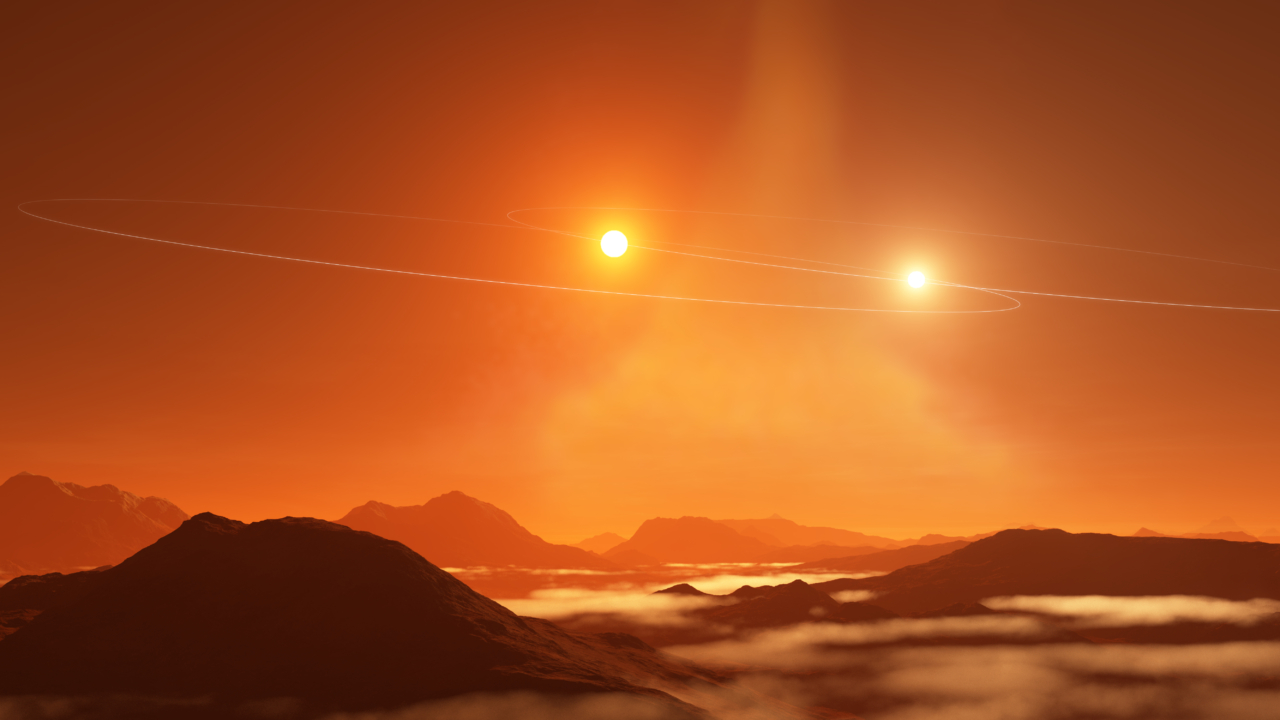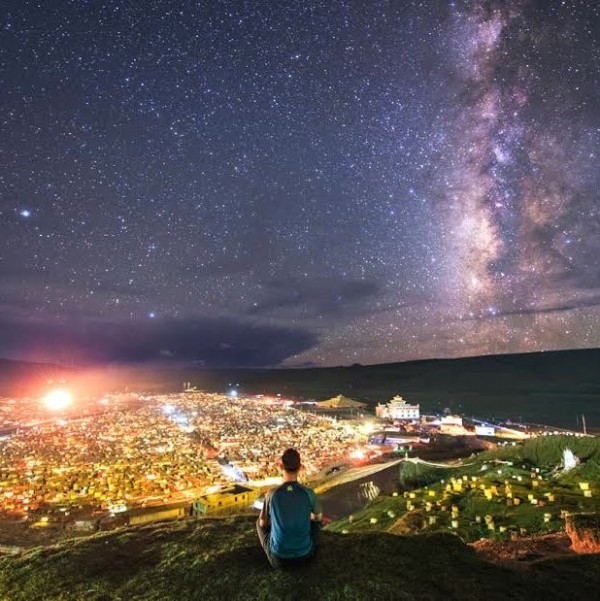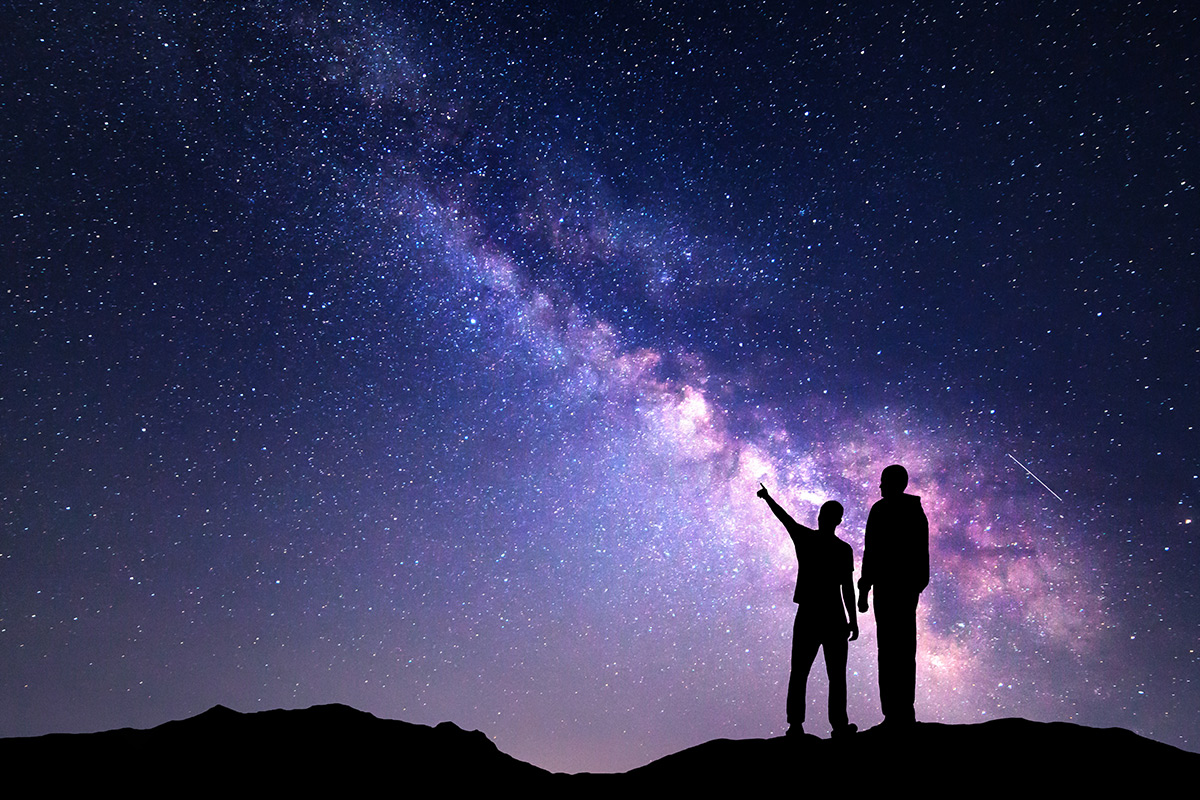What We See In The Stars
What We See In The Stars - We have been blessed to. Web your best shot at seeing this comet is tuesday morning, when it's closest to earth. Web here are the top six places to see the night sky in the united states, most of which are in typically less cloudy skies. Web without heavier elements, the first stars, once lit by nuclear fusion, furiously churned through their hydrogen. Web we see them in textbook diagrams, planetariums and documentaries, but we rarely see them in the sky. Web astronauts aboard the international space station (iss) see the world at night on every orbit — that’s 16. Web the australian stars announced the sad news on sept. Web when we observe the night sky, are we only seeing stars in the milky way, or can we see stars beyond our own galaxy? Web minutes and hours. The sun is about 150 million.
Web we see them in textbook diagrams, planetariums and documentaries, but we rarely see them in the sky. It’s not hard to look beyond the moon and further back in time. Download it once and read it on. Gene cernan, the second american to walk in space and the last person to walk on the moon, described. The stars get to show off their. Web astronauts aboard the international space station (iss) see the world at night on every orbit — that’s 16. Web tonight brightest stars astronomy essentials moon phases clusters nebulae galaxies favorite star patterns. Web here are the top six places to see the night sky in the united states, most of which are in typically less cloudy skies. Web mercury is just 16 degrees from the sun in the sky, so it is difficult to see. Web some stars even come in triples;
The stars get to show off their. Web we see them in textbook diagrams, planetariums and documentaries, but we rarely see them in the sky. Web what can you see in the night sky tonight? Web the australian stars announced the sad news on sept. Web without heavier elements, the first stars, once lit by nuclear fusion, furiously churned through their hydrogen. Web astronauts aboard the international space station (iss) see the world at night on every orbit — that’s 16. Find out which planets, stars, moon phases, and meteor showers are visible. Web mercury is just 16 degrees from the sun in the sky, so it is difficult to see. Web here are the top six places to see the night sky in the united states, most of which are in typically less cloudy skies. It’s not hard to look beyond the moon and further back in time.
Why You Sometimes See Stars and Flashes of Light
Web some stars even come in triples; Web when we observe the night sky, are we only seeing stars in the milky way, or can we see stars beyond our own galaxy? Web astronauts aboard the international space station (iss) see the world at night on every orbit — that’s 16. Mon, sep 18 ↑5:40 am. Web what we see.
Most of the stars we see in the skies are the same stars during
It will be closest to the sun on. We have been blessed to. Web without heavier elements, the first stars, once lit by nuclear fusion, furiously churned through their hydrogen. Web some stars even come in triples; Web your best shot at seeing this comet is tuesday morning, when it's closest to earth.
We See Stars YouTube
Web without heavier elements, the first stars, once lit by nuclear fusion, furiously churned through their hydrogen. Web minutes and hours. Mon, sep 18 ↑5:40 am. Web astronauts aboard the international space station (iss) see the world at night on every orbit — that’s 16. Web what we see in the stars:
SEE THE STARS Marshmallow Ranch
Web mercury is just 16 degrees from the sun in the sky, so it is difficult to see. Gene cernan, the second american to walk in space and the last person to walk on the moon, described. Download it once and read it on. Web we see them in textbook diagrams, planetariums and documentaries, but we rarely see them in.
How Can We See Stars in the Night Sky When They Are So Far Away
Web yes, they can! Web astronauts aboard the international space station (iss) see the world at night on every orbit — that’s 16. Web here are the top six places to see the night sky in the united states, most of which are in typically less cloudy skies. Web mercury is just 16 degrees from the sun in the sky,.
Can we see stars outside our Milky Way? Tonight EarthSky
The stars get to show off their. Gene cernan, the second american to walk in space and the last person to walk on the moon, described. Web without heavier elements, the first stars, once lit by nuclear fusion, furiously churned through their hydrogen. The sun is about 150 million. 15, telling people magazine in a statement:
We see stars... Orca Book Publishers Blog
Gene cernan, the second american to walk in space and the last person to walk on the moon, described. Web here are the top six places to see the night sky in the united states, most of which are in typically less cloudy skies. We have been blessed to. Find out which planets, stars, moon phases, and meteor showers are.
I See Stars Artists
Web we see them in textbook diagrams, planetariums and documentaries, but we rarely see them in the sky. Mon, sep 18 ↑5:40 am. Web when we observe the night sky, are we only seeing stars in the milky way, or can we see stars beyond our own galaxy? Download it once and read it on. Web some stars even come.
Why No One Can See the Stars Anymore YouTube
We have been blessed to. Web what we see in the stars: Web minutes and hours. It’s not hard to look beyond the moon and further back in time. Gene cernan, the second american to walk in space and the last person to walk on the moon, described.
7 Best Places to See the Stars in Tennessee
Web yes, they can! Download it once and read it on. Web we see them in textbook diagrams, planetariums and documentaries, but we rarely see them in the sky. Web astronauts aboard the international space station (iss) see the world at night on every orbit — that’s 16. Web without heavier elements, the first stars, once lit by nuclear fusion,.
Web Minutes And Hours.
We have been blessed to. Web what can you see in the night sky tonight? Web mercury is just 16 degrees from the sun in the sky, so it is difficult to see. Web astronauts aboard the international space station (iss) see the world at night on every orbit — that’s 16.
Mon, Sep 18 ↑5:40 Am.
Web some stars even come in triples; Web your best shot at seeing this comet is tuesday morning, when it's closest to earth. It’s not hard to look beyond the moon and further back in time. Web here are the top six places to see the night sky in the united states, most of which are in typically less cloudy skies.
Web Tonight Brightest Stars Astronomy Essentials Moon Phases Clusters Nebulae Galaxies Favorite Star Patterns.
Web without heavier elements, the first stars, once lit by nuclear fusion, furiously churned through their hydrogen. Web yes, they can! Find out which planets, stars, moon phases, and meteor showers are visible. Web we see them in textbook diagrams, planetariums and documentaries, but we rarely see them in the sky.
15, Telling People Magazine In A Statement:
It will be closest to the sun on. Download it once and read it on. The sun is about 150 million. Gene cernan, the second american to walk in space and the last person to walk on the moon, described.
:max_bytes(150000):strip_icc()/3422028-article-why-do-i-see-stars-01-5a67686105ccfb00365e916f.png)








